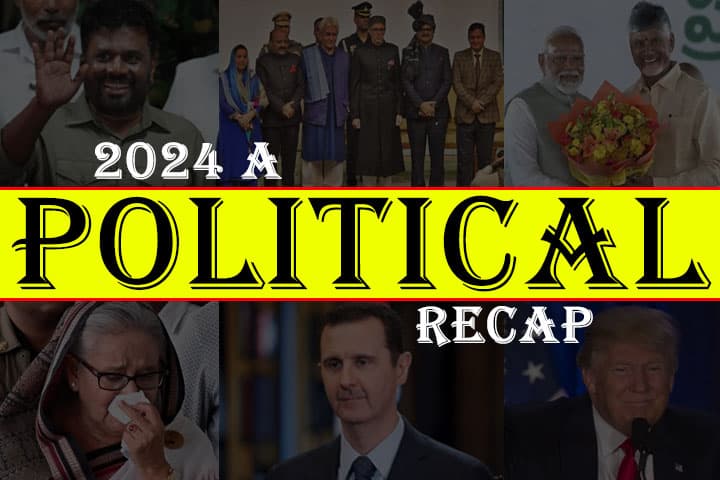2024: From Modi 3.0 to Global Political Crises – A Year of Power Shifts
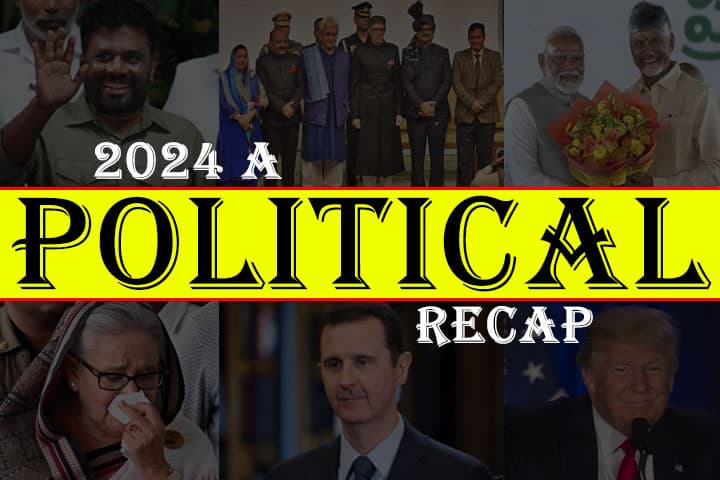
In 2024, political landscapes across the globe underwent dramatic changes, from Modi’s third term in India to widespread unrest worldwide. Explore how power shifts and crises reshaped governance, diplomacy, and daily life, marking a year of unprecedented political instability.
As we approach the end of 2024, let’s look back at the significant political changes that have unfolded both in India and worldwide. These shifts have reshaped political landscapes, influenced international relations, and transformed governance dynamics.
Table of Contents
India’s Political Landscape
General Elections 2024
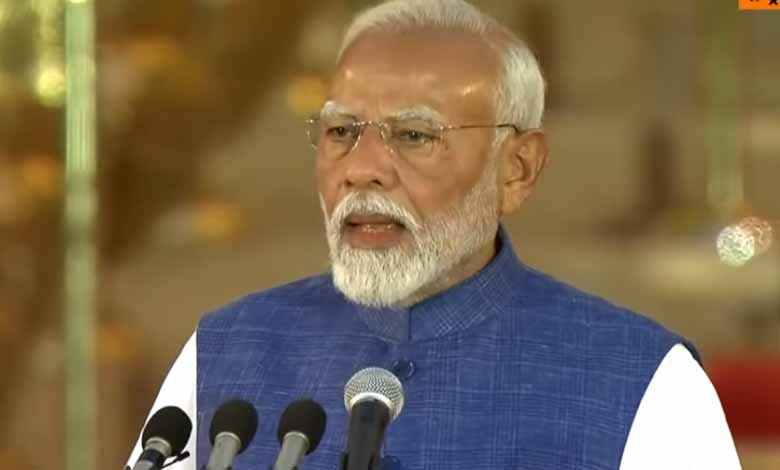
India conducted its general elections in April-May 2024, resulting in a third term for Prime Minister Narendra Modi and his Bharatiya Janata Party (BJP)-led National Democratic Alliance (NDA). However, the NDA’s seat count fell, with the BJP securing fewer seats than in 2019. The opposition coalition, the Indian National Developmental Inclusive Alliance (INDIA), made significant gains, winning 233 seats.
YS Jagan’s Setback and Chandrababu Naidu’s Comeback in Andhra Pradesh
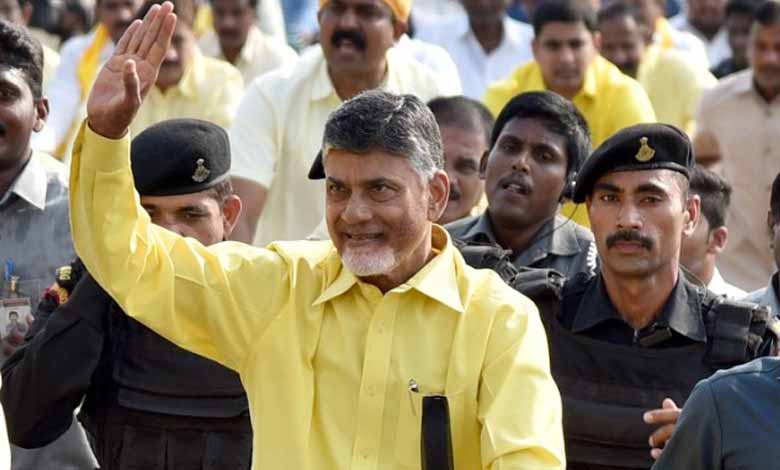
In Andhra Pradesh, Former Chief Minister Y. S. Jagan Mohan Reddy suffered a setback as he lost to the Telugu Desam Party (TDP). This led to a remarkable political comeback for former Chief Minister N. Chandrababu Naidu, who assumed office as the new CM of Andhra Pradesh.
Jammu and Kashmir Gets a Government After Years
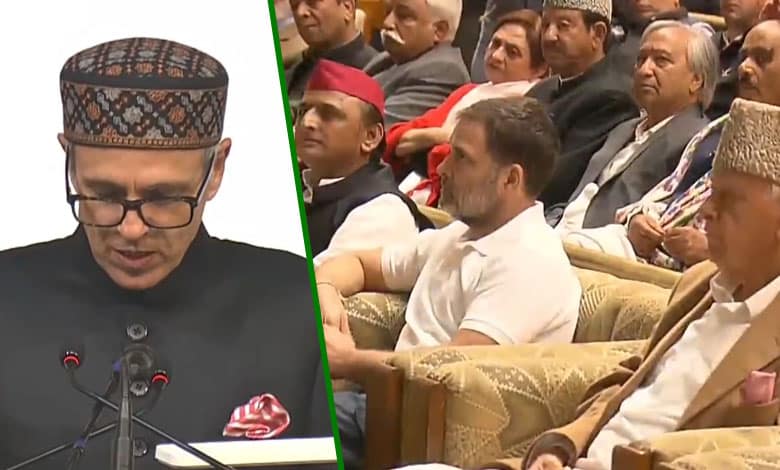
After several years under direct central rule, Jammu and Kashmir formed a state government in 2024. This marked a significant milestone in the region’s political history, with a coalition government formed between regional parties. This change is viewed as a step toward restoring political autonomy and stability in the area.
One Nation, One Election Proposal
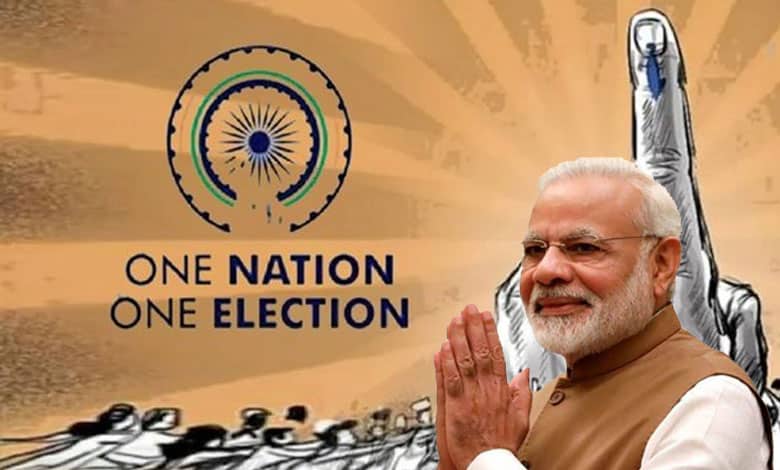
In December 2024, the Modi government introduced the “One Nation, One Election” bill, aiming to synchronise national and state elections. However, after the Lok Sabha vote, the bill failed to pass the required constitutional amendment.
Policy and Governance Changes
The Modi government continued its policy overhaul with initiatives such as the Unified Pension Scheme, the BioE3 policy, and the scrapping of angel tax. These measures aim to stimulate economic growth, foster innovation, and promote energy sustainability.
Global Political Developments
Bangladesh’s Political Turmoil and Assassination Attempt
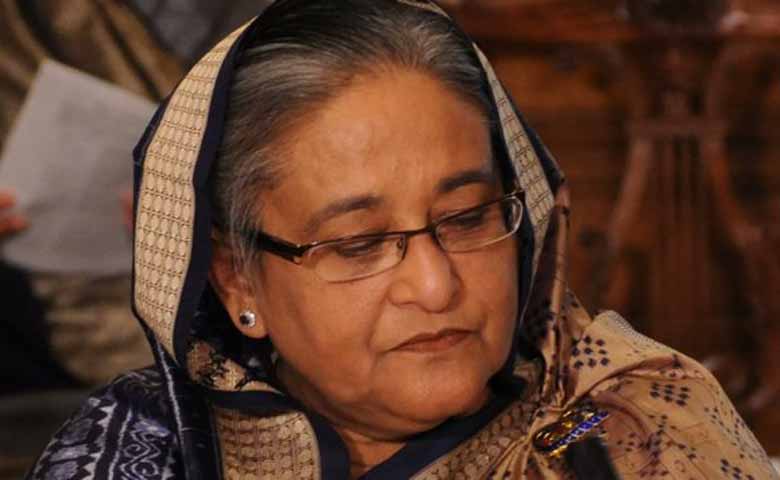
In Bangladesh, Prime Minister Sheikh Hasina, who has held power for over a decade, faced a turbulent political climate in 2024. Assassination attempts during a public rally in Dhaka underscored the escalating tensions between her administration and opposition forces. While she survived the attack, it fueled widespread protests, highlighting the deep divisions within the nation.
Also Read: Facebook’s Massive ₹2.8 Crore Rent Deal in Hyderabad Raises Eyebrows in Real Estate Sector
Syria’s Bashar al-Assad Suffers Setbacks
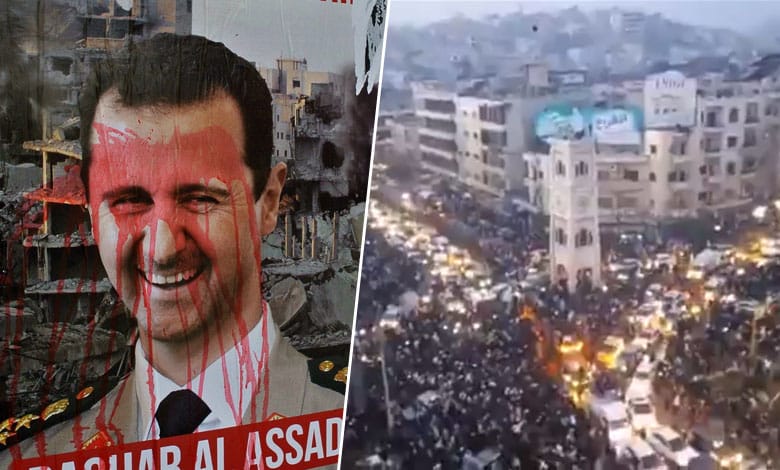
President Bashar al-Assad of Syria faced significant challenges in 2024 as resistance against his regime intensified. Military defeats at the hands of rebel forces and growing international condemnation weakened his hold on power, amplifying calls for a political transition amid ongoing civil unrest.
Pakistan’s Leadership Shifts
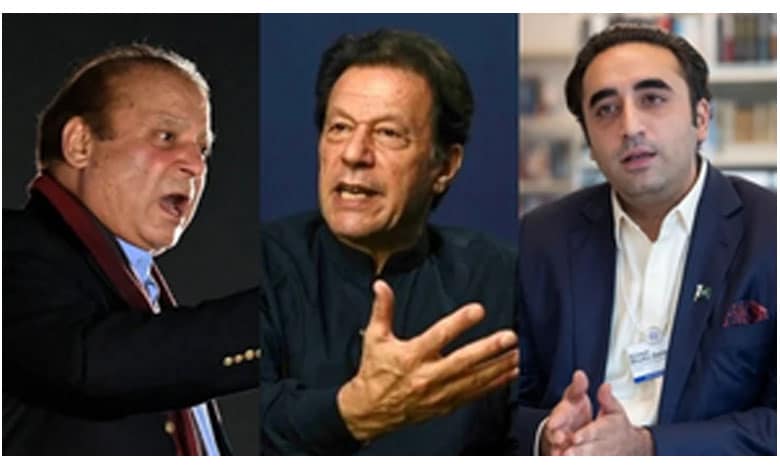
Pakistan witnessed a significant political change in 2024 as Shehbaz Sharif was Re-Elected as Prime Minister, reclaiming the leadership position after Highly controversial general elections. Meanwhile, former Prime Minister Imran Khan faced mounting legal challenges, with corruption and power misuse allegations further polarising the nation’s political landscape.
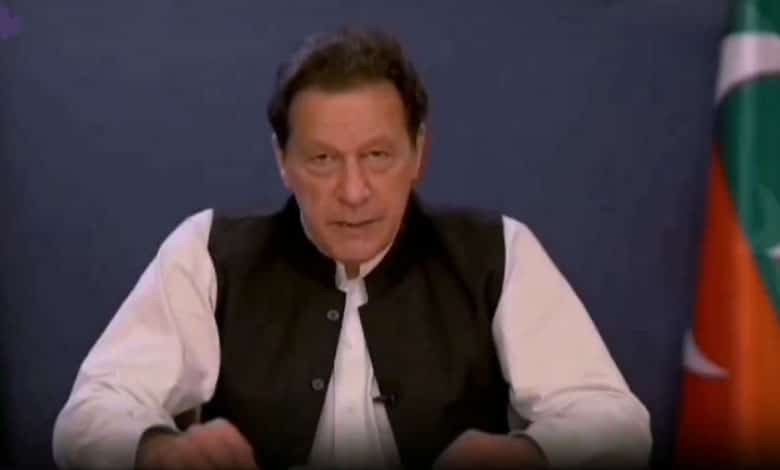
Sri Lanka Elects a New President Post-Crisis
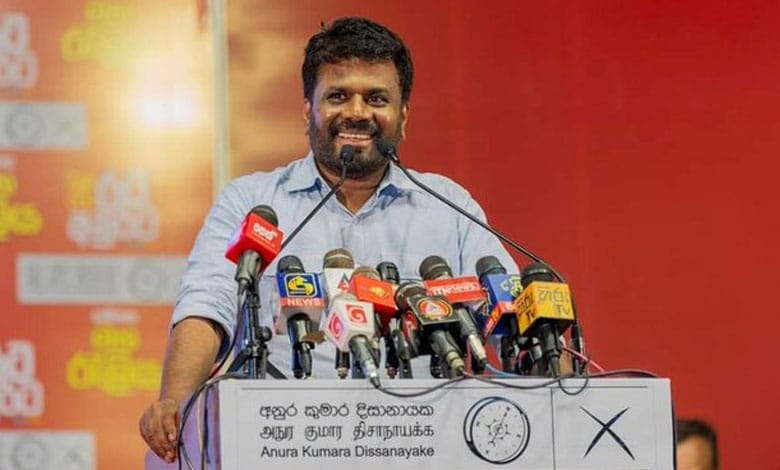
Sri Lanka experienced a political reset in 2024 with the election of a new president following years of economic and political turmoil. Emerging from a coalition of opposition parties, the new leader is tasked with guiding the country through its post-crisis recovery and addressing severe economic challenges. This marks a fresh chapter in Sri Lanka’s governance.
United States Presidential Elections
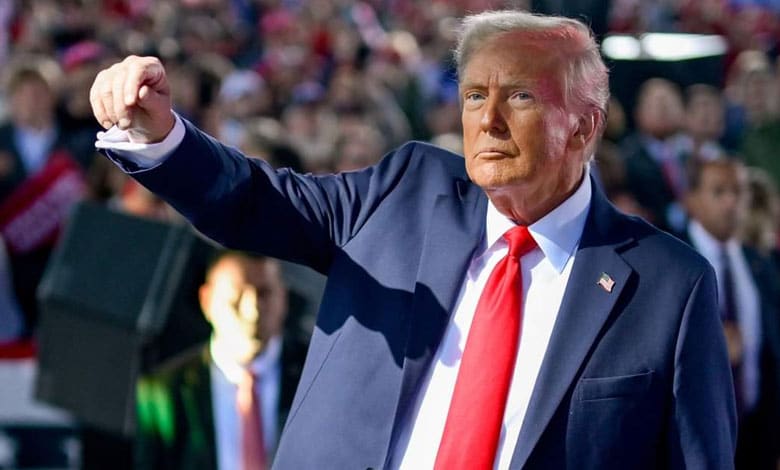
In a historic turn, former President Donald Trump secured a comeback victory in the 2024 U.S. presidential elections, defeating Democratic candidate Kamala Harris. His return is expected to reshape U.S. domestic and foreign policies, especially in areas such as immigration, trade, and defense.
Middle East Conflict Escalates
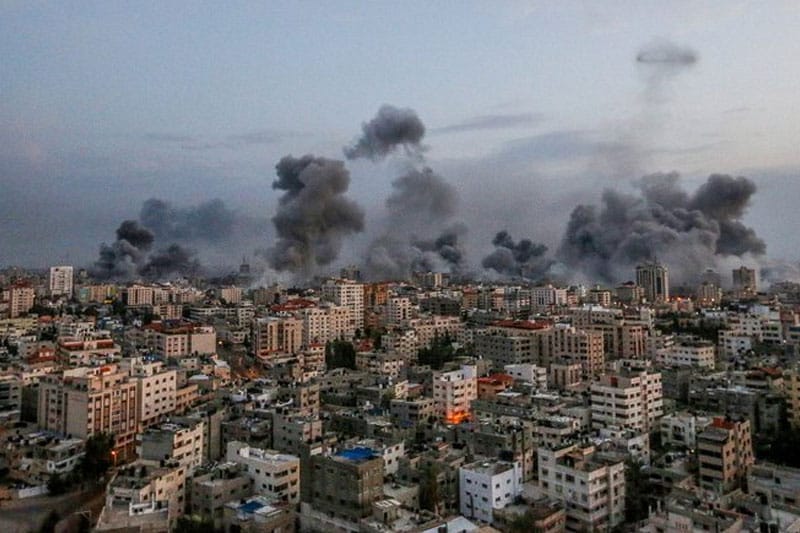
The Gaza conflict between Israel and Hamas saw significant escalation in 2024, with military operations extending into Lebanon. The ongoing violence has drawn in regional actors, further destabilizing the Middle East and exacerbating humanitarian crises.
Southern Africa’s Political Transformation
Southern Africa experienced notable political changes in 2024. Botswana ended 58 years of Botswana Democratic Party rule, with the opposition taking power. In South Africa, the ruling African National Congress lost its majority, resulting in a coalition government. Meanwhile, Namibia celebrated the election of its first female president, marking a historic moment for the region.
Europe’s Far-Right Surge
Far-right movements gained momentum across Europe in 2024, with populist parties rising to prominence in Hungary, Poland, and Italy. This trend has increased polarization and raised concerns about the future trajectory of democracy across the continent.
Latin America’s Political Shifts
Mexico faced its bloodiest election in 2024, with violence leading to the assassination of 37 political figures. Despite the turmoil, Claudia Sheinbaum became Mexico’s first female president, achieving a historic milestone. Meanwhile, Brazil saw significant shifts as opposition to President Luiz Inácio Lula da Silva grew. A centrist political alliance emerged, reshaping the country’s governance and diminishing Lula’s control.
Sudan’s Power Struggle Deepens
Sudan grappled with severe political instability in 2024. The transitional government, formed after President Omar al-Bashir’s removal, faced escalating internal conflict and military interference. This has led to widespread civilian unrest and uncertainty about the nation’s future.
Turkey’s Political Realignment
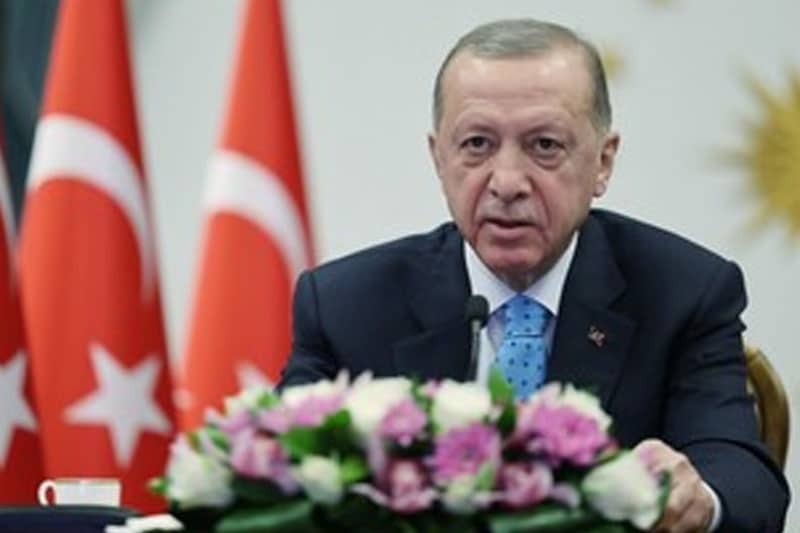
In Turkey, President Recep Tayyip Erdoğan faced mounting challenges from opposition forces and economic difficulties. Local elections in 2024 saw opposition parties gain significant ground, signaling a potential shift in the country’s long-standing political structure.
